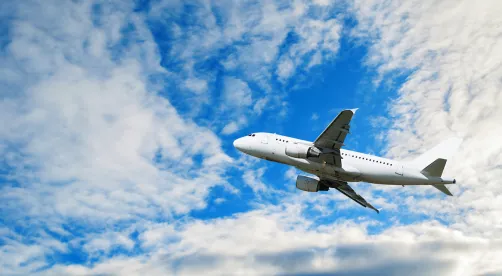Earlier this month, it was announced that Honeywell International, Inc. (Honeywell) had entered into a $13 million administrative settlement with the U.S. government to resolve allegations of export control violations related to aerospace and defense technical data (specifically engineering prints for castings and parts for aircraft, gas turbine engines, and military electronics). Following a self-disclosure by Honeywell to the federal government, the State Department alleged that the company committed 34 violations of the Arms Export Control Act (AECA) and International Traffic in Arms Regulations (ITAR) in connection with data exported to recipients in Canada, Mexico, Ireland, China, and Taiwan without required government approval.
The most significant takeaway from this settlement is the leniency that Honeywell earned by virtue of its self-disclosure, cooperation with the State Department’s follow-up inquiries, and prompt self-policing. First, because maximum civil penalties for these alleged AECA and ITAR violations are just over $1.1 million per violation, Honeywell would have faced over $37.4 million in aggregate civil penalties based upon the allegations. Second, the government cited the voluntary disclosure as a reason that it did not seek to debar Honeywell from participation in government programs. Finally, the government agreed that $5 million of the $13 million settlement payment is suspended on the condition that Honeywell uses that amount to fund the compliance upgrades prescribed by the settlement agreement.
While any potential self-disclosure of suspected international trade compliance violations requires careful and thoughtful analysis, this latest AECA/ITAR settlement suggests that the Biden Administration may place significant value on corporate candor and cooperation.




 />i
/>i

